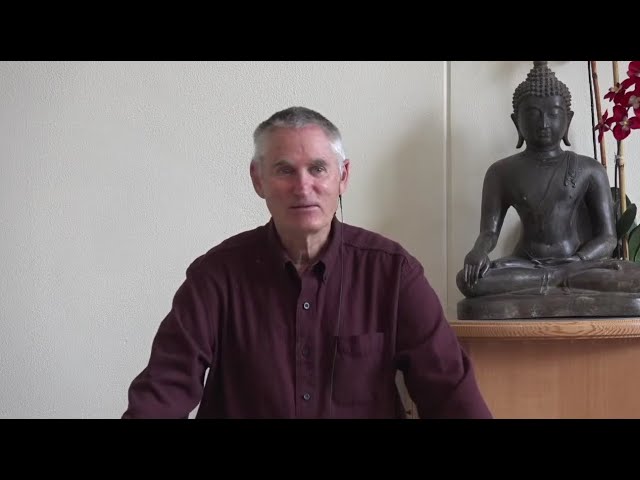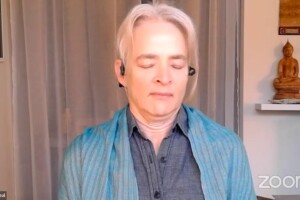
Welcome to the second part of our five-part series on Guided Meditation: Being an Open Window. In this installment, we will be delving deeper into the concept of openness and attunement in meditation. Guided meditation can be a powerful tool in unlocking a state of openness within oneself, and we will explore how this attunement plays a crucial role in achieving that state. So sit back, relax, and let’s explore the benefits of being an open window in guided meditation.
Introduction
Guided meditation is a practice that has become increasingly popular over the years. It is known to reduce stress and anxiety while improving overall mental and physical health. One particular guided meditation technique that is becoming increasingly common is the “Openness” meditation. This meditation involves being an open window that allows for things to flow in and out of your life without resistance. In this article, we will discuss the practice of Openness, its benefits, and how you can incorporate it into your daily routine.
What is Openness Meditation?
Openness meditation is a mindfulness technique designed to bring awareness and focus to the present moment. The meditation aims to help individuals cultivate a sense of openness or receptivity to the world around them. It encourages people to be more aware of their thoughts and feelings in order to better understand their reactions to situations.
How to Practice Openness Meditation
Openness meditation is typically practiced sitting down in a quiet, comfortable space. You can start by closing your eyes and taking a few deep breaths. Focus on your breath and notice the way your body feels as you inhale and exhale. Slowly bring your attention to your thoughts, without judgement. If any thoughts come up, acknowledge them and allow them to pass through without holding onto them.
Benefits of Openness Meditation
-
Reduced stress and anxiety: Openness meditation can help reduce stress and anxiety by increasing your sense of control over your reactions to situations.
-
Improved mental health: Practicing openness meditation regularly can help improve your mental health by reducing negative thoughts and emotions.
-
Increased self-awareness: Openness meditation encourages individuals to become more self-aware, by noticing their thoughts and feelings without judgement.
-
Enhanced relationships: Openness meditation can help foster more meaningful relationships with others by improving communication and empathy.
FAQs:
- How long should I practice Openness meditation?
There is no set time limit for practicing Openness meditation. However, it is recommended to start with 5-10 minutes a day and gradually increase the amount of time as you become more comfortable with the practice.
- Can I practice Openness meditation while walking or doing other activities?
Yes, it is possible to practice Openness meditation while doing other activities. However, it is recommended to start with sitting meditation to develop the foundation and then progress to incorporating the practice into daily activities.
- Is it necessary to have a guide for Openness meditation?
While a guide can be helpful, it is not necessary to practice Openness meditation. There are many resources available online, including guided meditations and articles, that can help you get started.
- Can Openness meditation be done with others?
Yes, Openness meditation can be done with others. Group meditation can be especially beneficial as it creates a sense of community and support.
- What should I do if I am struggling with Openness meditation?
If you are struggling with Openness meditation, it may be helpful to seek guidance from a meditation teacher or therapist. They can provide support and offer guidance on how to overcome any difficulties you may be facing.





